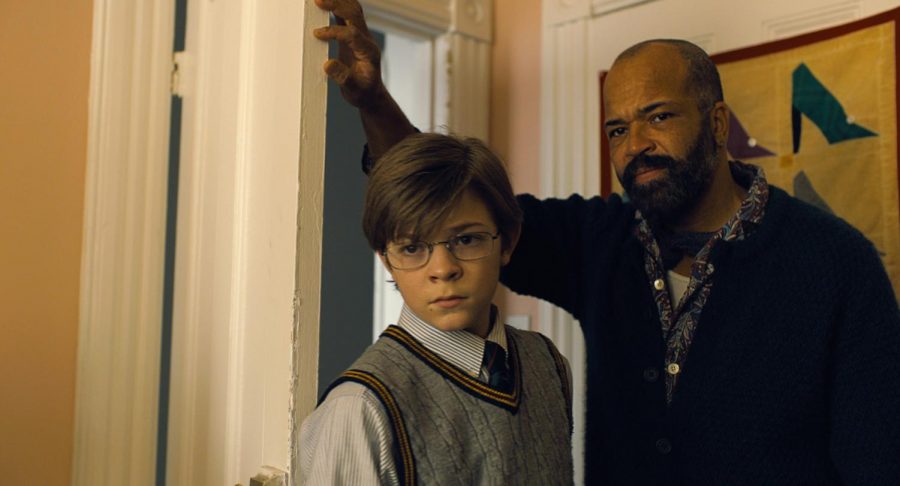Hollywood often risks disappointment when lifting the immersive stories found in novels and condensing them into something that can be consumed visually in a mere two hours. John Crowley’s take on the 2014 Pulitzer Prize winning book “The Goldfinch” is the latest attempt at such an adaptation. With over a million copies sold in print and digital, Donna Tartt’s tragic coming-of-age tale is bound to bring high expectations to the silver screen. Lavished with an all-star cast and exquisitely composed scenes, the director almost begs forgiveness for scraping the surface of a 784-page novel.
A series of events unfold through the eyes of both a 13-year-old Theodore “Theo” Decker (Oakes Fegley) and then later, his young-adult self (Ansel Elgort). After losing his mother to a terror attack in a New York art museum, Theo stumbles into a downward spiral of devastating circumstances strung together by various characters whose sole purpose seems to make his journey more difficult. While each of these influences is given screen time, audiences may leave desiring more, as scenes end without diving too deep into the relationships that help shape Theo’s decisions.
With so many characters crammed into 144 minutes, forming an emotional bond with any of them proves to be difficult. Even the protagonist Theo doesn’t demand too much of viewers, emotionally, which is impressive considering the drugs, family abuse, and pathway to solitude he experiences after losing the love of his life—his mother. The sheer number of pieces to this puzzle denies the audience something, or some things, specific to focus on. As often occurs with book-to-film adaptations, fans of the novel will possess the advantage of having already built these characters up in their minds, though even this may cause distraction, rather than warranting a stronger, more heartfelt response.
The challenge of entertaining both readers and non-readers alike in such a large story ends up resulting in something of a muddle. Having only skimmed the outline of Donna Tartt’s literary creation, this reviewer went in with a fresh canvas ready to be painted. What was left when the credits rolled was more of an abstract piece of misdirected strokes viewed once briefly before moving on to the next work in the overall filmic exhibit. The only emotion that was legitimately drawn out was that of humor. Sarah Paulson, who portrays the outlandish girlfriend of Theo’s father, and the drug-pushing childhood friend Boris (Finn Wolfhard,) seemed to be the most honest human elements brought to the adaptation. While the film is meant to focus on Theo, the audience may gravitate toward these secondary storylines as they seek out any opportunity to experience a real, honest feeling.
More of a visually pleasing storyboard of beautiful scenes than a cohesive, immersive film experience, “The Goldfinch” feels best left to the more imaginative sensibilities rendered in print. All of the larger pieces meant to explain the story are present here, but the necessary context into why the audience should care seem to be missing. The film ends up being more of a promotional teaser for Donna Tartt’s work than a standalone Oscar grab. File this away as another example of how difficult book-to-film adaptations can be, and start with the novel.
“The Goldfinch” is now in theaters.


